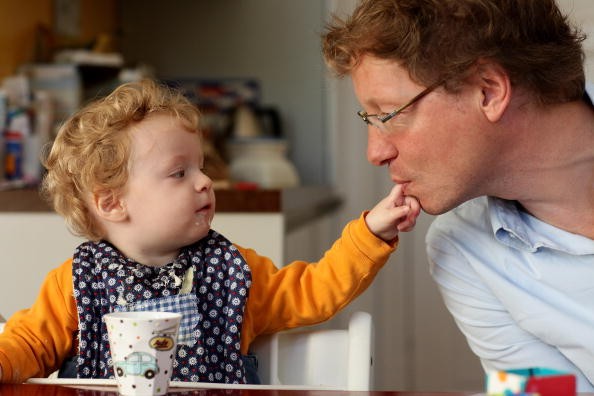
Fatherhood may be fun, but it may also not be good for the health, according to a longitudinal study.
A group of researchers from Northwestern Medicine wanted to find out how fatherhood can change the health of men. Thus, they launched a study that spanned for 20 years, from the time the participants were adolescents until they were early 30s. More than 10,000 men participated. Their BMI (body mass index) and weight were obtained in every phase of the study.
The participants were also classified into 3 categories: resident fathers, non-resident fathers, and non-fathers. Resident and non-resident tags referred to whether they were living with their children.
The analyses of the results revealed that dads, regardless whether they were resident or non-resident, can gain at least 3 pounds. Dads who live with their kids are prone to gaining more, as much as 4.4 pounds for a man who's 6 feet tall.
Aside from weight, the BMI may also increase to 2% and 2.6% for non-resident and resident dads, respectively. BMI refers to the amount of fat in the body in connection with the height and weight of a person.
The results were also consistent even if other factors such as status of marriage, income, age, and education were considered. Further, the weight may be in addition to what men can gain when they get married.
Meanwhile, in the same period, non-dads had a completely different experience. They lost an average of 1.4 pounds for a man who's six feet tall.
According to the researchers, the increase in weight and BMI can be attributed to two things. First, with children, their personal selves become less of a priority. Moreover, having kids means having more access to sweets and high-calorie food like pizzas. High BMI and weight, however, can be detrimental in the long run since they increase the risk of cardiovascular diseases and certain types of cancer.
Fathers who want to watch out for their health can seek advice from pediatricians, as they often accompany their children for check-ups.

